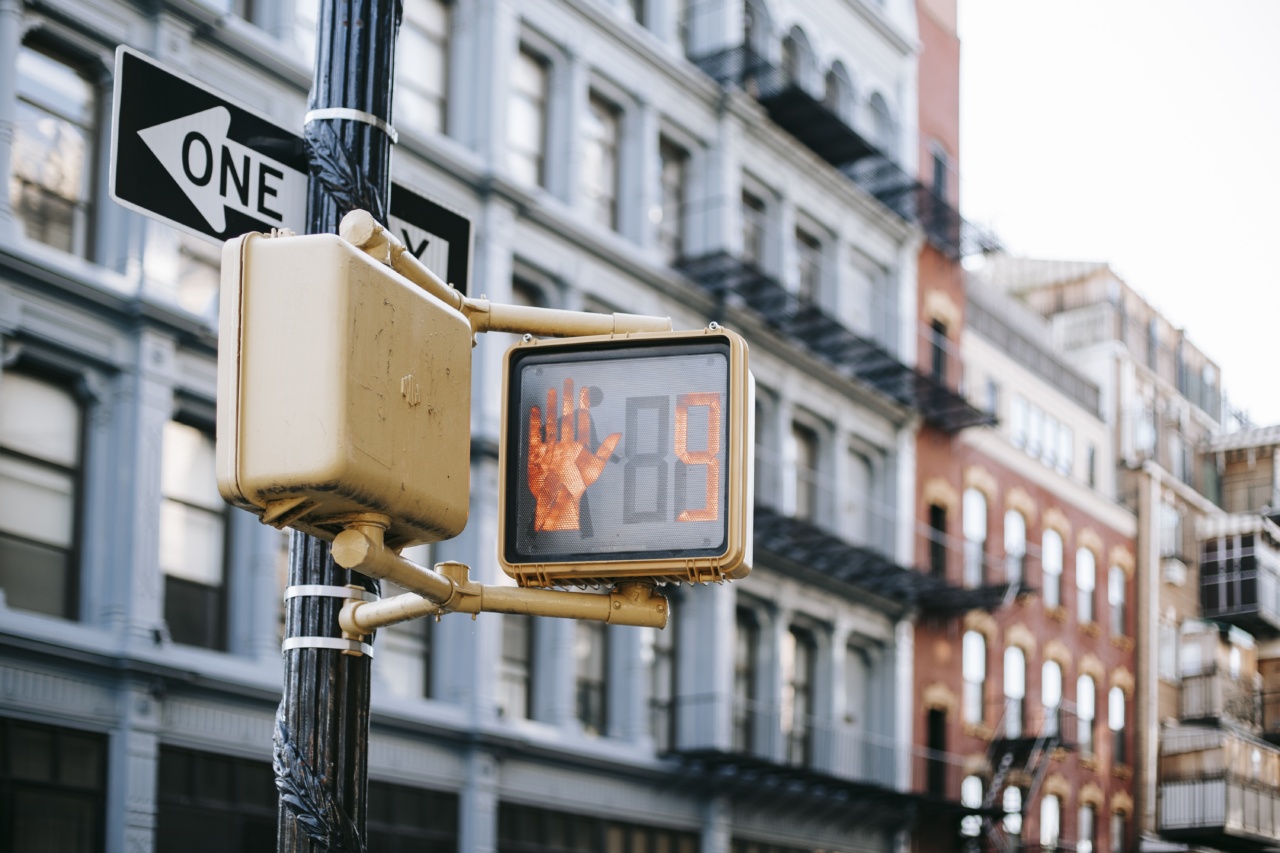Aging is a natural part of life, but many people strive to maintain their youthful appearance and vitality for as long as possible.
With the right knowledge and practices, it is indeed possible to slow down the aging process and live a fulfilling and vibrant life. In this ultimate guide to anti-aging, we’ll explore various aspects of aging, including its causes, lifestyle changes, skincare routines, and medical interventions.
Understanding the Aging Process
Aging is a complex phenomenon influenced by a combination of genetic and environmental factors. It involves a gradual decline in various physiological functions, leading to changes in appearance, mobility, cognitive abilities, and overall health.
While some aspects of aging are inevitable, others can be influenced by our lifestyle choices.
Factors That Influence Aging
Several factors play a role in how we age. These include:.
- Genetics: Our genes determine our biological predisposition to aging. Some people may have genes that make them more susceptible to premature aging.
- Lifestyle Choices: Habits such as smoking, excessive alcohol consumption, poor diet, and lack of exercise can accelerate the aging process.
- Environmental Factors: Exposure to pollution, UV radiation, and other harmful substances in our surroundings can damage our skin and accelerate aging.
- Stress: Chronic stress can contribute to premature aging by affecting our hormones and promoting the formation of free radicals.
Healthy Lifestyle Practices for Anti-Aging
Adopting a healthy lifestyle can have a significant impact on how we age. Here are some key practices to incorporate:.
1. Eat a Nutrient-Rich Diet
A well-balanced diet consisting of fruits, vegetables, lean proteins, whole grains, and healthy fats can provide essential nutrients that promote healthy aging.
Antioxidant-rich foods, such as berries and leafy greens, help combat free radicals and prevent cellular damage.
2. Stay Active and Exercise Regularly
Engaging in regular physical activity can improve cardiovascular health, strengthen muscles and bones, and enhance overall well-being. Exercise also helps reduce the risk of age-related diseases such as heart disease, diabetes, and osteoporosis.
3. Get Sufficient Sleep
Adequate sleep is essential for cell repair and rejuvenation. Aim for seven to eight hours of uninterrupted sleep each night to promote optimal cognitive function, immune health, and youthful skin.
4. Protect Your Skin from the Sun
Excessive sun exposure is one of the primary causes of skin aging. Protect your skin by wearing sunscreen with a high SPF, seeking shade when the sun’s rays are strongest, and wearing protective clothing.
5. Practice Stress Management Techniques
Chronic stress can accelerate aging both internally and externally. Take time for relaxation and engage in activities such as meditation, yoga, or deep breathing exercises to reduce stress levels and promote overall well-being.
Skincare Routine for Youthful Skin
While aging is a natural process, a dedicated skincare routine can help maintain a youthful complexion. Here are key steps to include in your routine:.
1. Cleansing
Start by cleansing your skin twice a day to remove dirt, sweat, and impurities that can clog pores and contribute to premature aging. Use a gentle cleanser suitable for your skin type.
2. Hydration
After cleansing, apply a hydrating moisturizer to help maintain skin moisture and elasticity. Look for ingredients such as hyaluronic acid and glycerin.
3. Sun Protection
Apply a broad-spectrum sunscreen with a minimum SPF of 30 before sun exposure. Reapply every two hours or more frequently if sweating or swimming.
4. Antioxidant Serum
Include an antioxidant serum in your skincare routine to counteract free radical damage. Look for serums containing vitamins C and E, ferulic acid, or green tea extract.
5. Eye Cream
The skin around the eyes is delicate and prone to fine lines. Use an eye cream to moisturize the area and minimize the appearance of wrinkles and dark circles.
6. Exfoliation
Exfoliate your skin once or twice a week to remove dead skin cells and promote cell turnover. Choose a gentle exfoliant appropriate for your skin type.
Medical Interventions for Anti-Aging
Besides lifestyle changes and skincare routines, there are various medical interventions available that can help combat signs of aging. These include:.
1. Botox and Dermal Fillers
Botox injections can help reduce the appearance of fine lines and wrinkles by temporarily paralyzing the muscles responsible for facial expressions. Dermal fillers, on the other hand, can restore volume and plumpness to areas with sagging or lost fat.
2. Laser Treatments
Laser treatments utilize concentrated light to stimulate collagen production, tighten skin, and reduce hyperpigmentation, wrinkles, and scars. They can be effective in improving overall skin texture and reducing signs of aging.
3. Hormone Replacement Therapy
Hormone replacement therapy (HRT) can help rebalance hormone levels, particularly in women experiencing menopause. By supplementing estrogen and progesterone, HRT can alleviate certain menopausal symptoms and potentially slow down some signs of aging.
Conclusion
While we cannot stop the clock entirely, incorporating healthy lifestyle practices, adhering to a skincare routine, and considering medical interventions can all contribute to a more graceful aging process.
Remember, it’s never too early or too late to start implementing anti-aging strategies. Embrace the journey of aging and prioritize your health and well-being.































